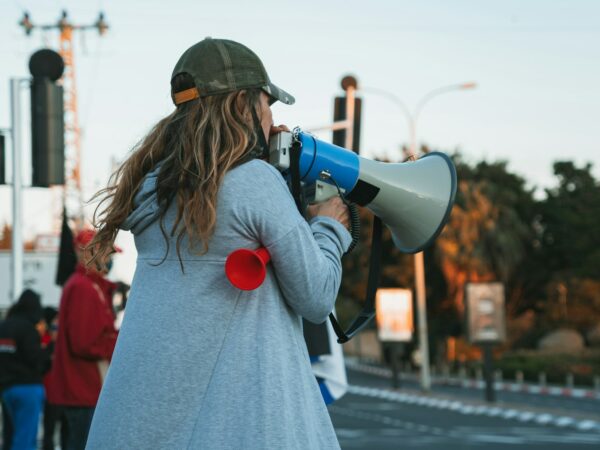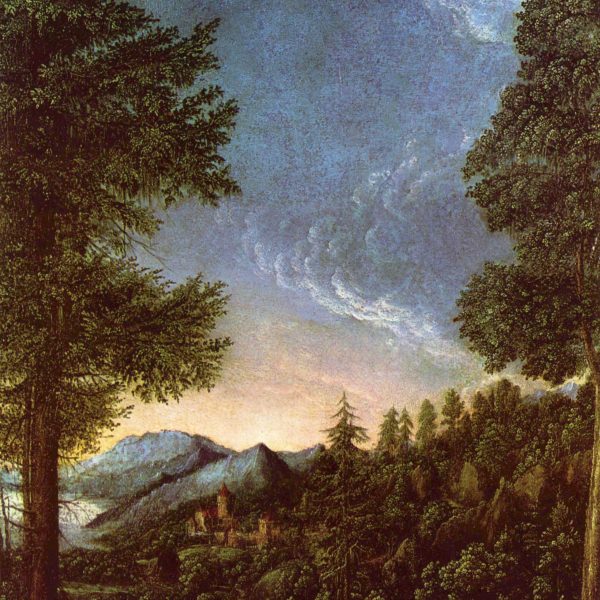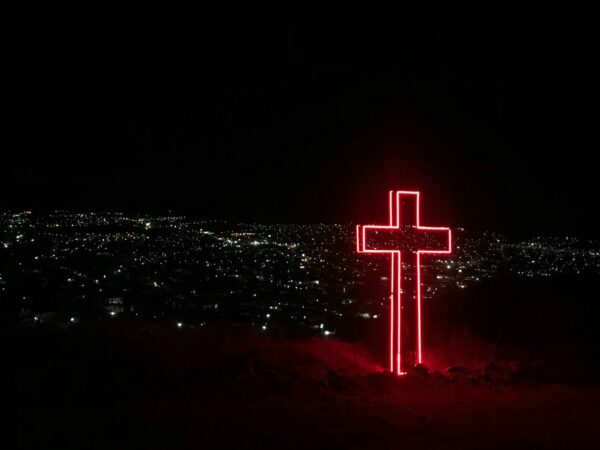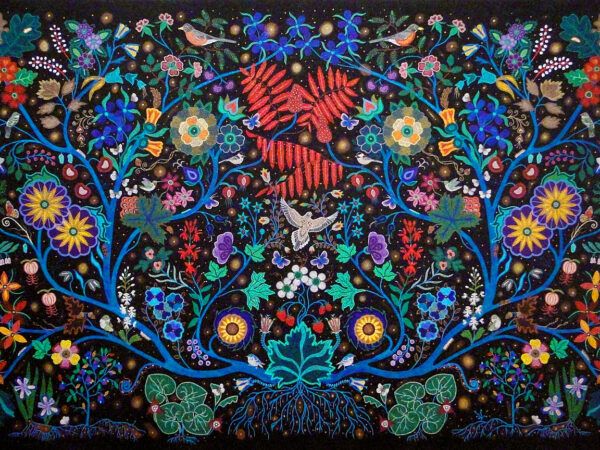
If we put Amos’ critique in more contemporary language, the “trampling” and “levies of grain” decried in 5:11 are the twin burdens of rents and fees, which often led to cycles of impoverishment and debt slavery. The lifestyles of the rich are financed by extracting from the poor.

Divine Wisdom calls. It is publicly accessible. We may not recognize the voice because we might not be listening for it. But it is there beckoning to us.

Psalm 1 presents the reader with two, mutually exclusive categories of human existence: righteousness and wickedness. However, experience tells us that to be human is far more complex. Rather than simply embracing the psalm’s presentation of life, we might enter a dialogue instead, one wherein we consider what it might mean to be formed by attending to others rather than reifying our existing in-groups.








